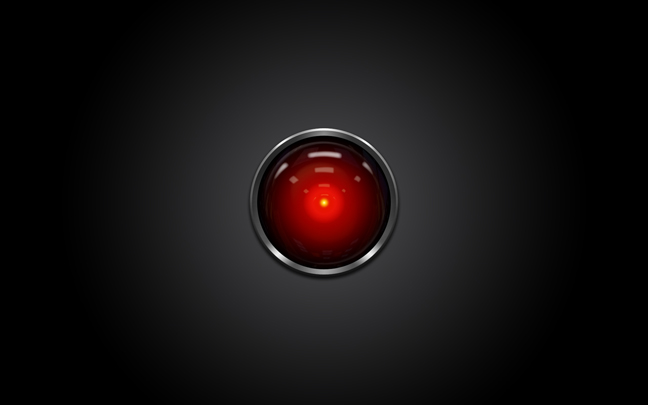They are the two most profound — some would say even insoluble — questions in science: 1) Where do the laws of physics come from?; and 2) How does the physical stuff in our brains produce conscious experience? One person who is closer to answering these questions than perhaps anyone on Earth is renowned neuroscientist and biophysicist Christof Koch (born 1953 in Kansas City). His emergence as the leader in the understanding of the nature of consciousness began with a 16-year collaboration with Francis Crick, the co-discoverer of DNA, who claimed that neuroscientists had to tackle consciousness if they were ever going to understand the brain. Koch and Crick worked closely together in their search for the neural correlates of consciousness until Crick passed away in 1994. Koch’s search continues to this day, and it was recently announced that he would be leaving Caltech to work full-time as Chief Scientific Officer of the Allen Institute for Brain Science in Seattle which, in my opinion, is the single most exciting large-scale brain research venture in the world.
After years of publishing scientific papers, Koch has now written a trade book, Consciousness: Confessions of a Romantic Reductionist. As The Atlantic writes, “Somewhere between memoir and popular science, the book offers a highly personal glimpse into the mind of an unconventional scientist: a lapsed Catholic who teamed up with the staunch atheist Crick, and the eminent neuroscientist who speculates about the consciousness of bees and squid and even bacteria. In the first of a two-part interview, we talked about the wiring of our brains and the possibility that the Internet itself may become conscious.” The Atlantic’s interview with Christof Koch is an absolute must-read, and one of the most fascinating exchanges was the following:
The Atlantic: “Are you saying the Internet could become conscious, or maybe already is conscious?”
Christof Koch: “That’s possible. It’s a working hypothesis that comes out of artificial intelligence. It doesn’t matter so much that you’re made out of neurons and bones and muscles. Obviously, if we lose neurons in a stroke or in a degenerative disease like Alzheimer’s, we lose consciousness. But in principle, what matters for consciousness is the fact that you have these incredibly complicated little machines, these little switching devices called nerve cells and synapses, and they’re wired together in amazingly complicated ways. The Internet now already has a couple of billion nodes. Each node is a computer. Each one of these computers contains a couple of billion transistors, so it is in principle possible that the complexity of the Internet is such that it feels like something to be conscious. I mean, that’s what it would be if the Internet as a whole has consciousness. Depending on the exact state of the transistors in the Internet, it might feel sad one day and happy another day, or whatever the equivalent is in Internet space.”
You can read the first of The Atlantic’s 2-part interview with Koch by visiting TheAtlantic.com. And for another terrific profile of Koch’s brand new book, be sure to visit BrainPickings.org. And to learn more about Koch’s new home — the amazingness that is The Allen Institute for Brain Science — you can read this FEELguide profile from March 2012, as well as visit the Institute’s site at AllenInstitute.org. For more stories about the brain you can visit The Human Brain on FEELguide. To purchase your own copy of Christof Koch’s Consciousness: Confessions of a Romantic Reductionist simply head over to Amazon. I’ve been thinking for months now that it might be time to start a sister blog for FEELguide devoted entirely to stories about the human brain. If I did do that, I don’t think I’d ever be able to stop blogging!
SEE ALSO: Man Lacking 3 Of Brain’s Self Awareness Centres Still Self Aware, Mind’s Location Still Huge Mystery



![ChristofKoch]](http://www.feelguide.com/wp-content/uploads/2012/08/ChristofKoch.jpg)